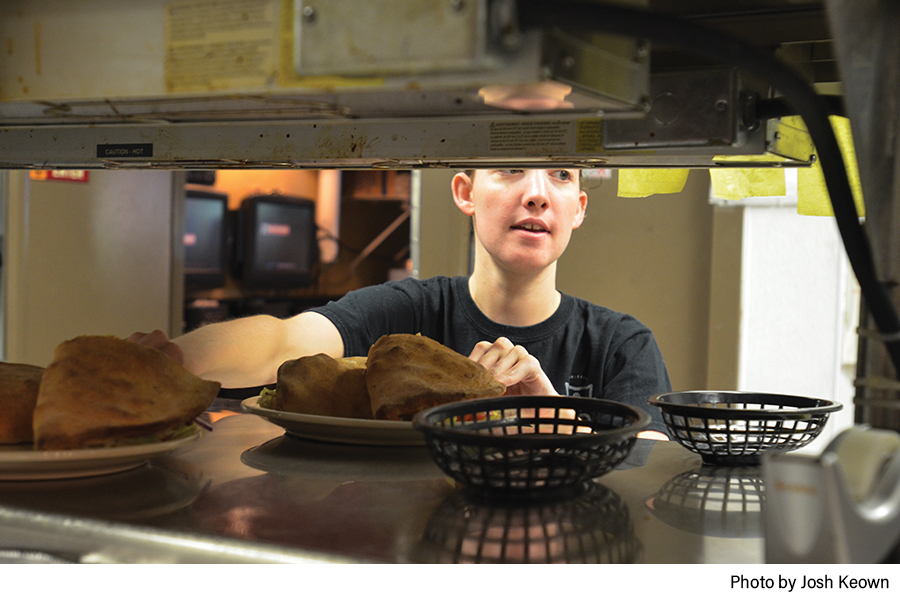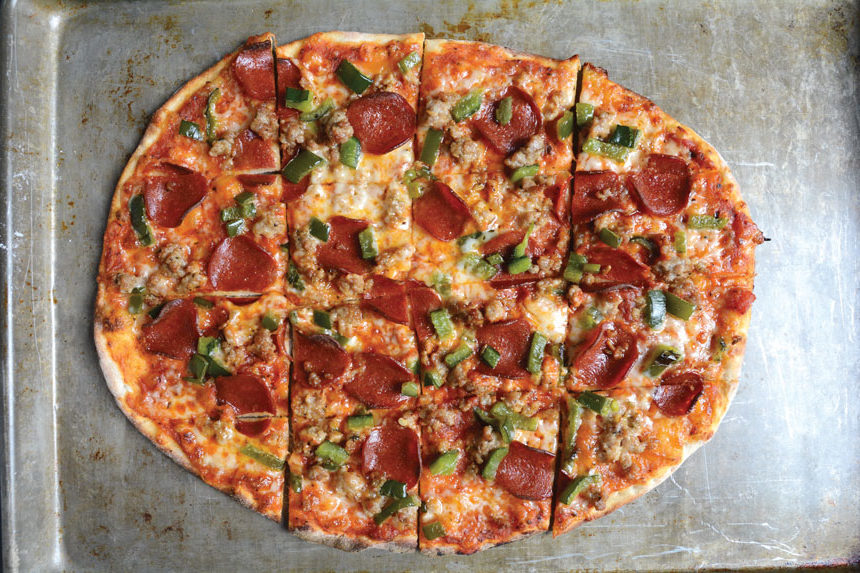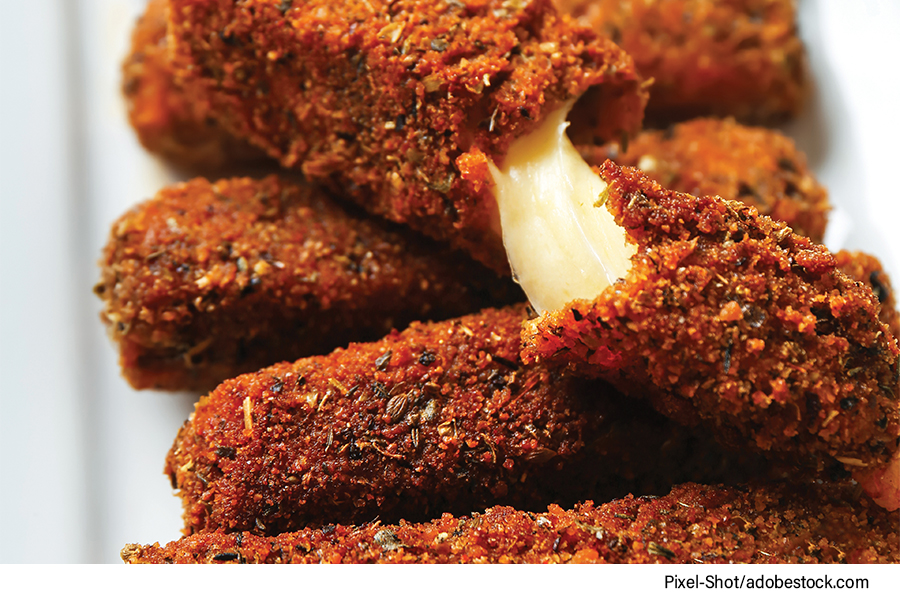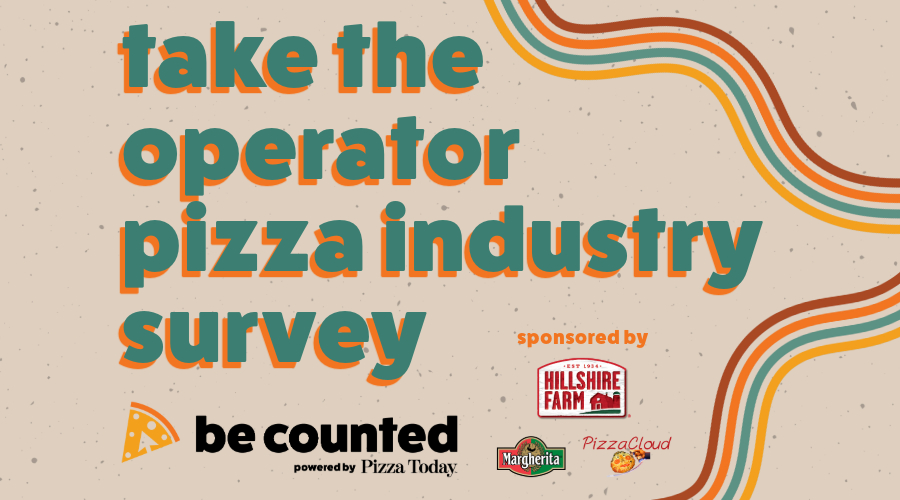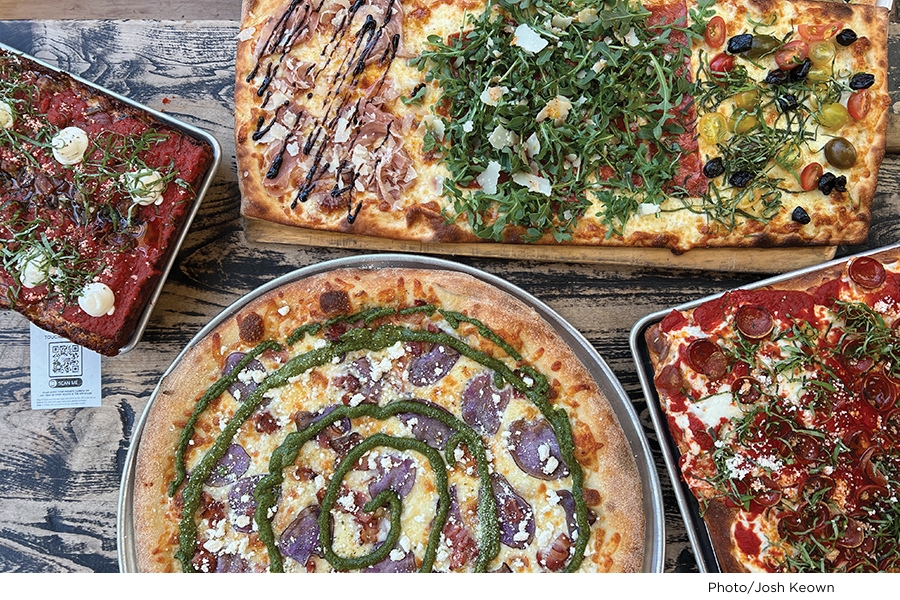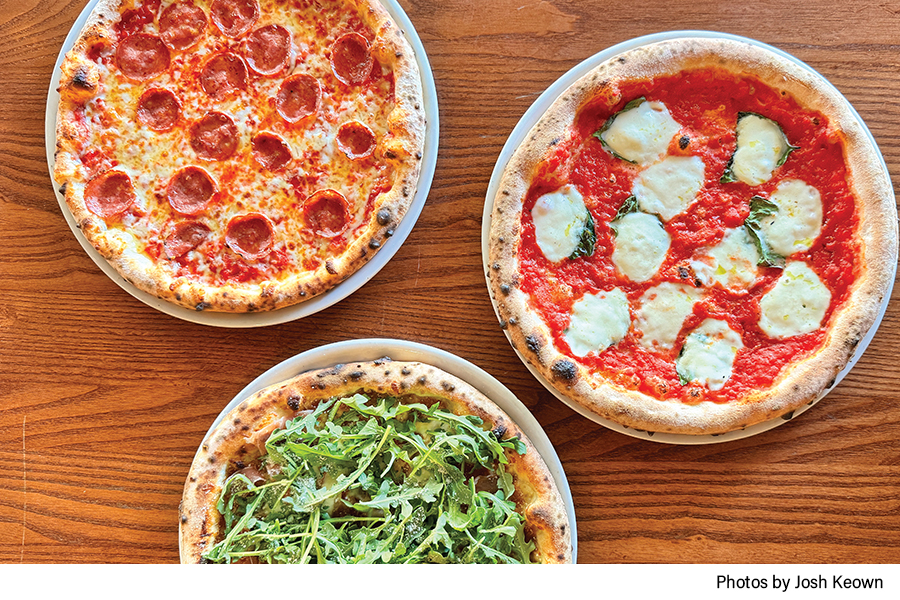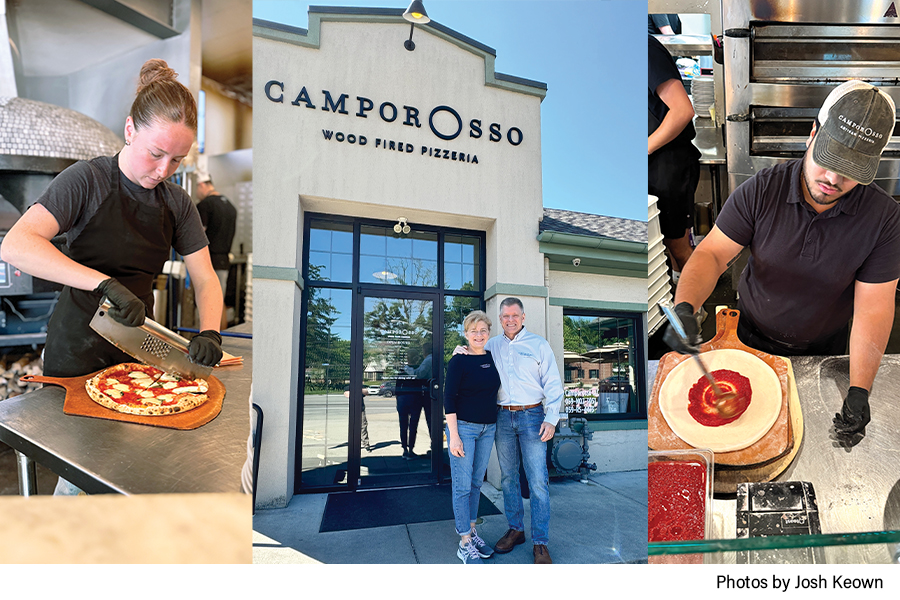Seeking Paired Interests
Everyone wants to be good at their job. Really, they do, but employees easily become complacent when they get used to their hourly wage and have no opportunity for growth. In their eyes, they’ve reached their ceiling. The days are the same no matter how hard they try or don’t. Rather than focusing on maximizing their output, they’re main focus is avoiding getting in trouble. Even if an employee was to go above and beyond, there are no systems in place that reward or recognize this. With no vested interest in maximizing their output, your staff can and will become stagnant. When employees have a paired interest—when they win when you win and lose when you lose—they start to take ownership of their actions and their output.
Here are some incentive plans to ensure you have mutually beneficial interests:
Knowledge Employee Incentives
Rank or Certification Programs: Developing certification training where staff can earn a rank, badge or new chef coat or hat can create motivation to strive for more, especially when it’s tied to a pay raise. When an employee earns this recognition it gives them distinction among their peers. Those who are consistently moving up in rank or certification are more likely to assume leadership roles in your restaurant, this way they’ll stimulate other staff to level up simply by comparison.
In our restaurant, we’ve modeled ours after the military rank structure, where achieving a certain rank results in higher pay. This system is very clean and simple to understand for back-of-house staff who want to advance.
Efficiency Incentives
Efficiency is key in the kitchen, not just knowledge. Setting time trials for prep or executing menu items to show who is the best at doing it correctly and quickly creates a healthy and competitive environment. Giving immediate bonuses or pay increases to those who perform exceptionally well, especially during peak times, will pay for itself in increased productivity and efficiency. If they are seen as awesome, and rewarded as such, that behavior starts to permeate the rest of the crew.
Front of House
If your staff is becoming complacent it’s often because they don’t see opportunities for growth and get accustomed to the average tips they get. When you hear “advancement” it’s easy to assume that means a pay raise, but there are other ways to encourage outstanding staff that doesn’t come with a dollar amount.
Servers have a built-in incentive with tips, but even that can become routine. Introducing an incentive for not just having more tables but achieving a higher ticket average can greatly influence the overall health of the restaurant. Implementing a profit-sharing program for servers who consistently exceed the average ticket value can set a new standard of excellence. Many servers will strive to meet this standard, seeking to win the “gold star” and perform at their best.
Depending on the age of your workforce, you can gamify the day with challenges, like who can sell a particular item last, akin to a game of hot potato. The winner could get a prize from a treasure chest filled with fun items from the dollar store or gift cards for older teams.
Communication and Evaluation
This means tight but ever-flowing communication. All employees need to know where they stand through proper evaluations so they can set goals and take on projects with the belief that their accomplishments will be recognized and rewarded. Transparency through CONSISTENT QUARTERLY EVALS will build a sense of shared purpose for paired incentives.
I’m not saying this as a theory, I’ve seen it happen. When staff know they get more when you get more, they act the part.
Mike Bausch is the owner of Andolini’s Pizzeria in Tulsa, Oklahoma. Instagram: @mikeybausch
